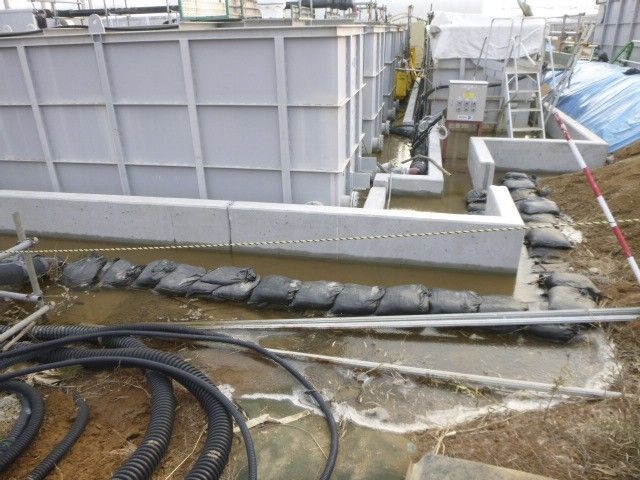Fukushima’s Tepco to Fail Deadline of Clearing Radioactive Water – Report

Tokyo Electric Power Company (TEPCO), operator of stricken Fukushima nuclear power plant, will be unable to comply with a deadline of clearing out radioactive water around the facility.
A report by Bloomberg hinted the clean-up will actually need more time to finish, something which Mayumi Yoshida, a spokeswoman for the utility neither confirmed nor denied.
"We can only say we'll make efforts to achieve that target," Yoshida told Bloomberg.
Bloomberg showed TEPCO estimates that indicated filtering the isotope strontium out of stored water will not be finished by March 31, 2015, a commitment Naomi Hirose, the facility's president, made to Prime Minister Shinzo Abe in September 2013.
The isotope Strontium-90 can lead to leukemia. It can also get into the food chain through the bones of fish.
A delay in the cleanup could translate to a ban by South Korea ban on Japanese seafood imports. It could also further escalate demands for an international takeover of the Fukushima cleanup.
"The manpower and management attention could be deployed elsewhere," Michael Friedlander, a former nuclear engineer, told Bloomberg. "They're basically accumulating vast quantities of radioactive material that isn't in control and they need to get it in control."
The Fukushima site had already over 370,000 tonnes of contaminated radioactive water as of July 29, according to Novosti. Its levels continue to expand by 400 tonnes a day.
Chief Cabinet Secretary Yoshihide Suga confirmed that the March 31, 2015 deadline but did not mention if TEPCO will face consequences should it fail to meet the deadline.





















